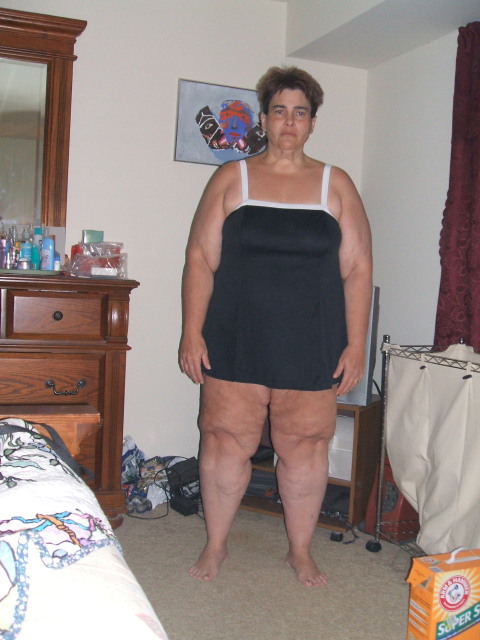Lose Weight > Question and Answer > Bariatric Surgery > Feeling Dizzy/Almost Passing Out 5 Months Post-Op
Feeling Dizzy/Almost Passing Out 5 Months Post-Op
Question
Dear Dr. Pilcher,
I recently wrote to you about how my Roux en Y bypass was the best thing I'd ever chosen to do.
One thing that does occasionally bother me is that when I stand up from sitting down or lying down (less often), I sometimes just about pass out. My head pounds and throbs and my vision recedes. Sometimes I can see part of the scene in front of me but occasionally, my whole field of vision goes black. I sway about, trying to grab hold of a wall or door or something until the feeling passes. I feel weak and faint, and sounds seem to recede or disappear completely in the worst attacks.
I have noticed that it seems to happen mostly when I haven't eaten enough protein in the day, when I have skipped a meal, or let too much time elapse between meals, and especially if I forget to have my daily 42g protein shake.
Two weeks ago, I was told that my BP was normal, and my pulse was 72. My blood work, including a 12 hour fasting glucose test came back normal except for a slight deficiency in Vitamin D.
Should I be worried about this? Can I keep it under control by eating properly, i.e. getting in enough protein with every meal and drinking my protein shake without fail, or do I need to see a doctor?
Sincerely,
Jennifer.
Jennifer,
I can give some general information, but still it is going to be a good idea to visit with your surgeon about this issue. I see this type of problem sometimes for my patients at this stage after surgery; it seems to be a relatively complex situation in which gravity pulls the blood down to the large veins of your legs when you stand up. Of course, gravity tends to have such an effect every day of your life, but what is different now is that your circulating blood volume is reduced by your weight loss. Just as your skin "container" is probably a bit loose and floppy at this time, the blood vessels that "contain" your circulating blood volume have not yet shrunk down to a new size.
In my experience, this effect passes in a couple of months. In the meantime I know of three things you can do to reduce this effect upon standing:
1) drink even more fluids, so that your blood vessels are as "full" as you can make them
2) add salt to your foods, because salt in your system helps keep fluid in your blood vessels
3) when you stand up, don't start walking right away but instead stand on your tiptoes 2-3 times. This maneuver contracts your calf muscles, which act like a pump to move the blood out of the large veins of your legs to your heart where the blood can be put to work.
Next time you visit your doctor, ask for your blood pressure to be checked using "orthostatic technique."
In health,
Dr. JP
- Prev:SLEEVE SURGERY/REGAIN
- Next:bypass surgery/alcohol
Related Articles
-
RA and Surgery
QuestionIf I have reactive arthritis already, and am taking Humir
-
Gastric Sleeve
QuestionDoes alcohol and the carbonation in it stretch the gastri
-
which surgery to have
QuestionI cant decide which surgery to have. I signed up for Roue
-
lap band revision to sleeve
Questionbanded 2 years ago only lost 32 lbs seem to have vomiting
-
gastric sleeve post op care
QuestionI have researched this procedure but cannot find out in g
-
Extended release medications after Bariatric Surgery
QuestionIs there any indication to not use extended release medic
More Great Links

